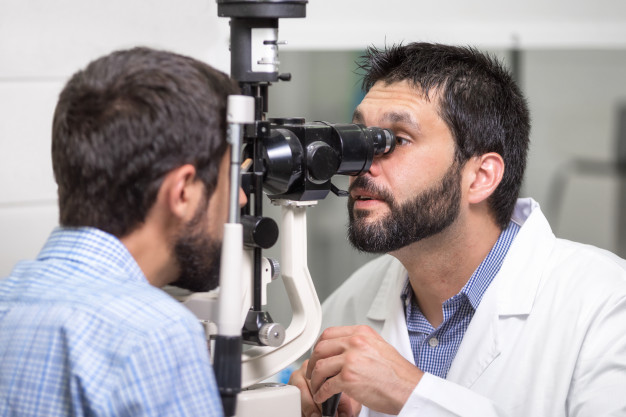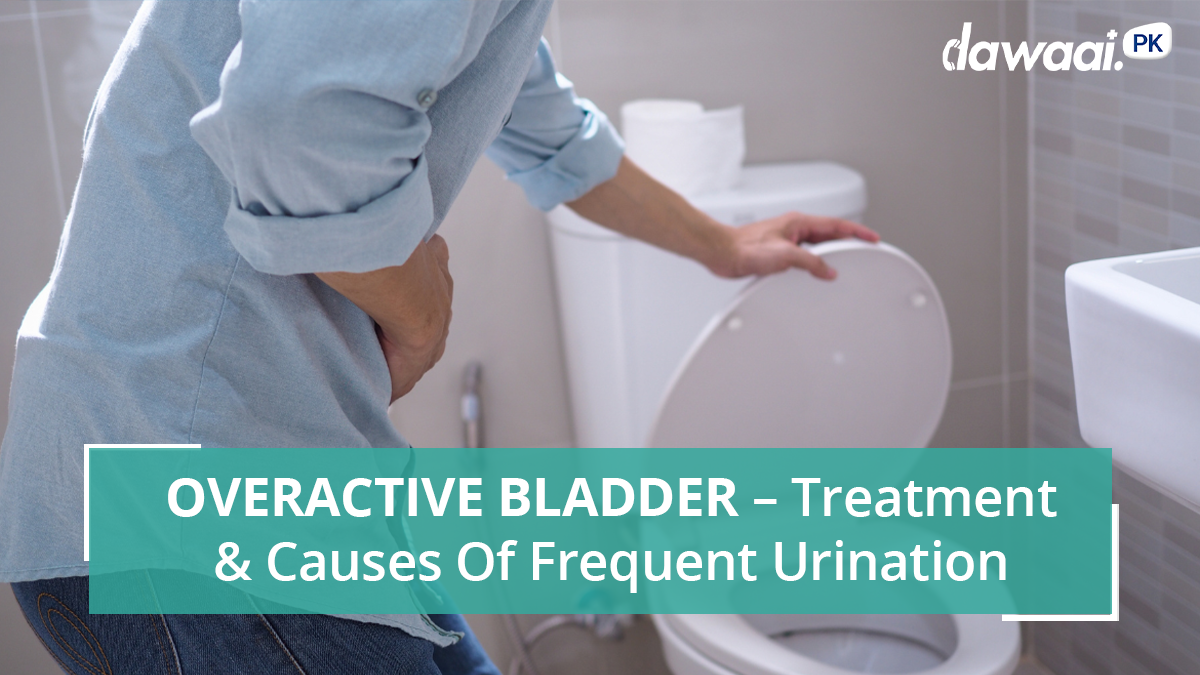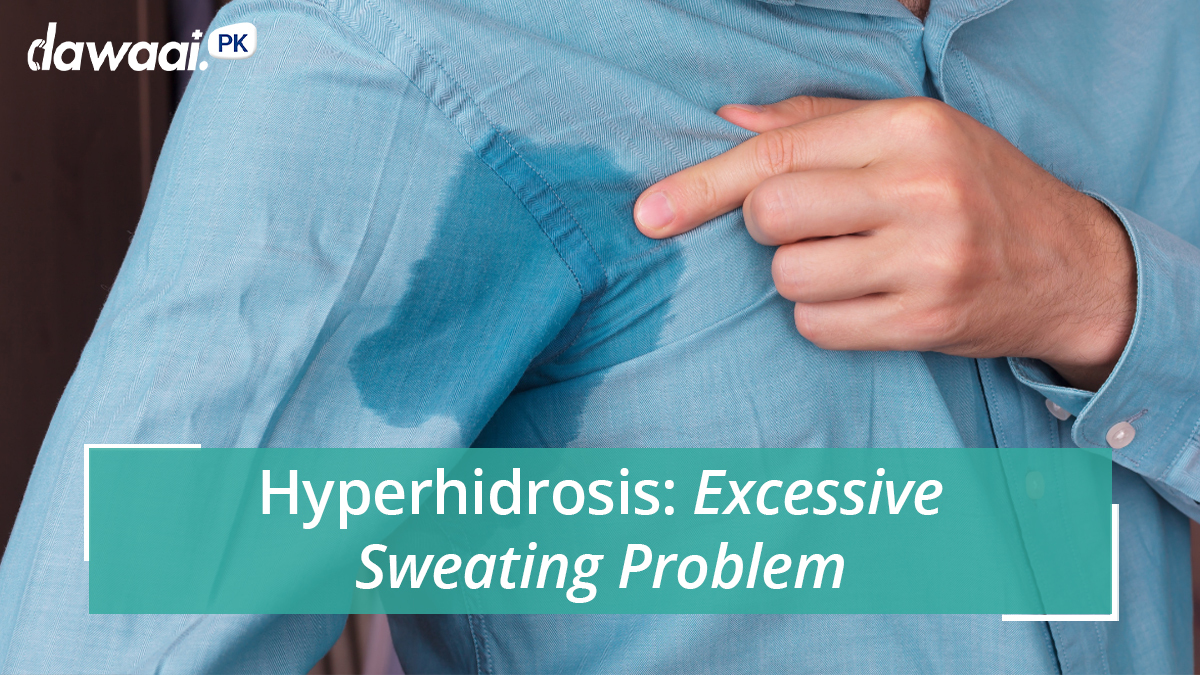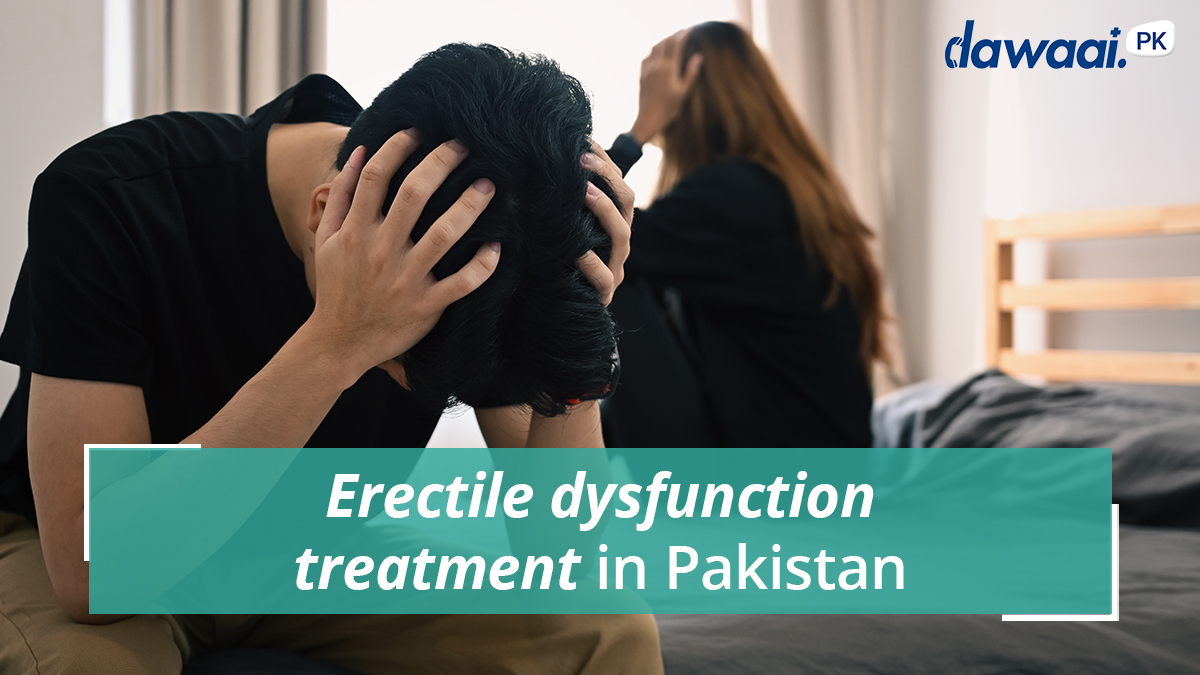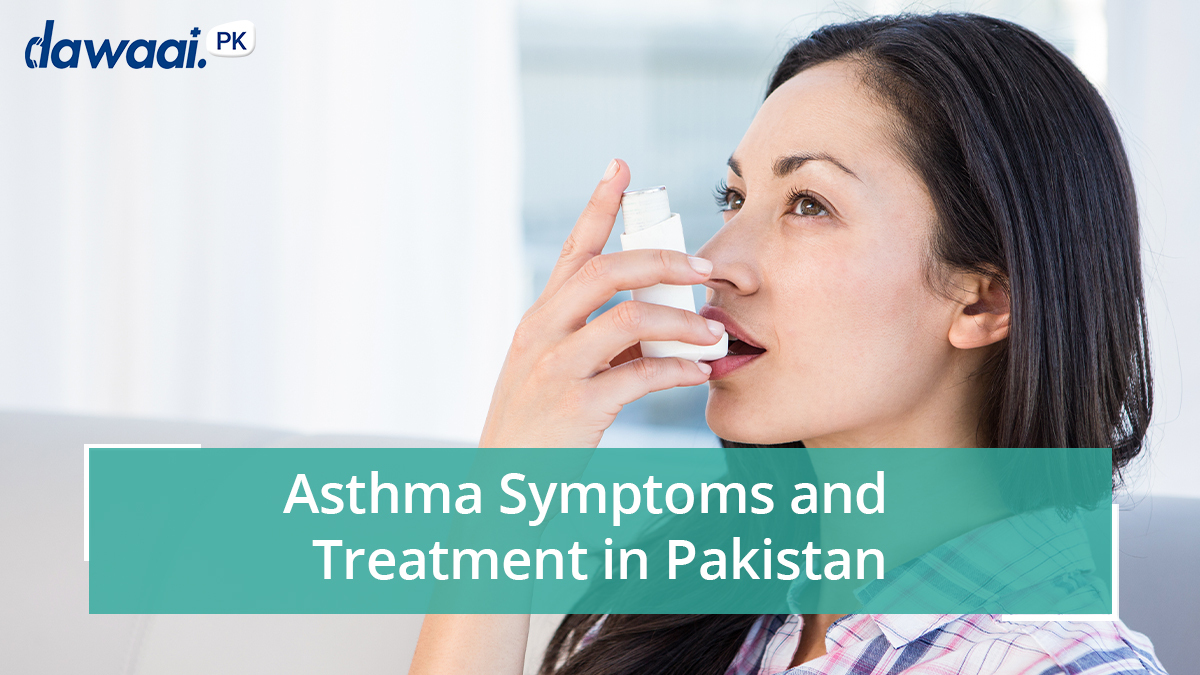What exactly is Glaucoma? Well, in simple words it’s a group of eye diseases which can result in damage to the optic nerve and vision loss. The purpose of this blog is to raise awareness of the dangers of Glaucoma and to encourage patients to undergo regular eye check-ups.
Glaucoma is one of the leading causes of blindness in the world.
The eye produces a fluid which keeps the eye moist. This fluid leaves the eye through various openings. Any blockage or damage to these openings can increase the pressure in the eyes, this increase in the eye pressure can damage the optic nerve, which in turn can affect the vision and sometimes lead to blindness.
Some factors which can increase the pressure in the eyes include high blood pressure, diabetes, certain medications such as corticosteroids, blocked drainage in the eyes, poor blood flow in the eyes and eye drops which are used to dilate eyes.
90% Glaucoma patients are usually asymptomatic so these cases usually remain undiagnosed. However, the remaining 10% do get some signs and symptoms which shouldn’t be ignored.
These include:
Nimbus around light:
When the cornea becomes waterlogged, it affects the vision leading to nimbus around lights.
Pain in the eye:
When there’s pressure in the eyes so there’s constant pain in the eyes.
Defective vision:
(Also known as tunnel vision) This is one of the common symptoms, in this pressure on the nerve damages the retinal nerve fibres which eventually leads to vision loss.
Enlargement of the eyes:
This occurs in kids below 3 years of age, enlargement of the eye can occur due to increased intraocular pressure. This is one of the symptoms of Glaucoma.
Glaucoma increases with age. Hence, elder people are more at risk.
Despite the fact that it can be silent most of the time, there are some preventive measures that can be taken ahead of time.
Few of the preventative measures are as follows:
Get regular eye examinations:
Getting regular eye checkups can help detect glaucoma in the early stages. Consult your doctor to recommend the right screening schedule.
Glaucoma tends to run in the families:
If someone has a family history of Glaucoma, they may need more frequent screening.
Exercising regularly and safely:
Habitually exercising may help prevent glaucoma by reducing eye pressure. However, follow the exercise routine set by a doctor.
Eye protection:
Sometimes serious eye injuries can lead to glaucoma so wearing eye protection can prevent those from happening.
To win the battle against Glaucoma, elder citizens should undergo regular eye check-ups even in the absence of symptoms – also those who have a family history of Glaucoma.
Tackle the silent enemy, prevention is key!
